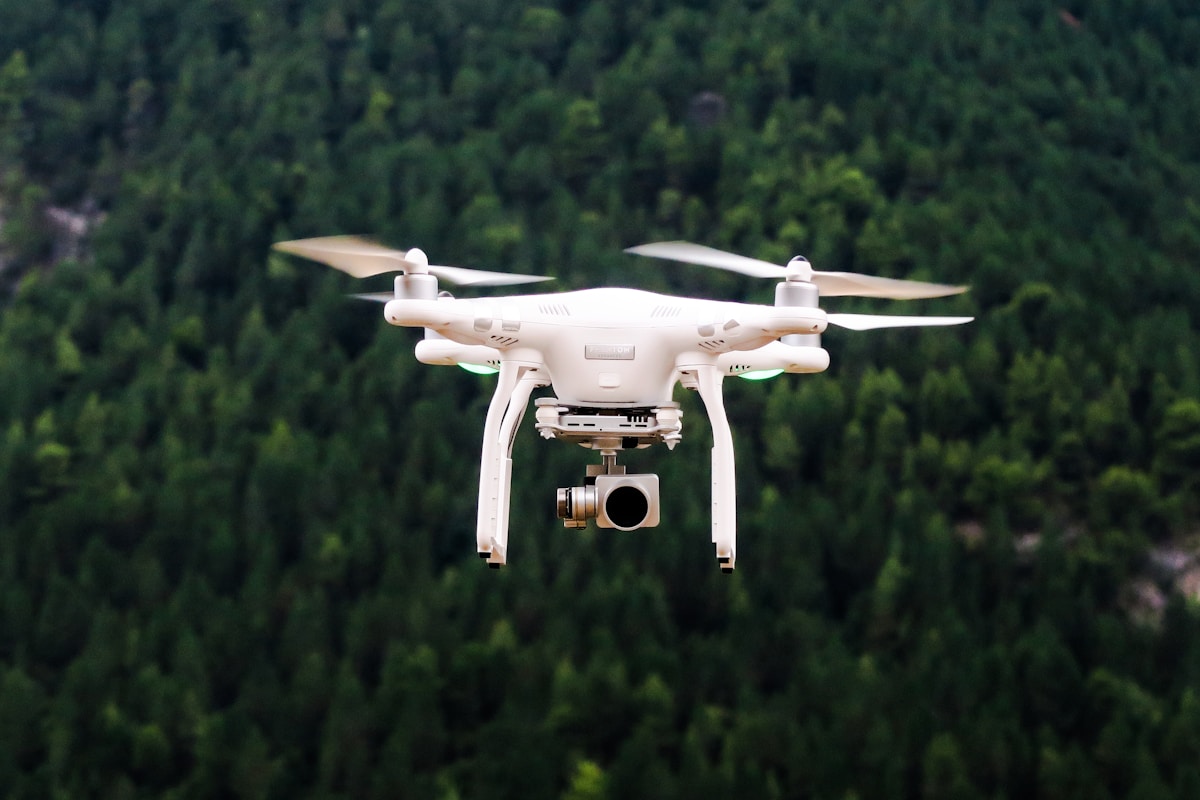Understanding UAS Certificate Programs
UAS certificate programs have gotten complicated with all the options and info flying around these days. As someone who spent months researching drone education paths before committing to one myself, I learned everything there is to know about what’s out there for aspiring UAS professionals. Today, I will share it all with you.

What Are UAS Certificate Programs?
At their core, these programs teach you how to operate, maintain, and actually apply drone technology in the real world. Some programs cover just the basics — getting a bird in the air and back down safely. Others go deep into data analysis, mission planning, and sensor integration. They’re not the same as a four-year degree, but they do signal to employers that you’ve got specialized knowledge in UAS operations. Think of them as a fast track into the industry without the full college commitment.
Curriculum Overview
Probably should have led with this section, honestly. Most programs hit the same core topics: flight operations, regulations, safety protocols, and maintenance. You’ll dig into aerodynamics and propulsion systems — the stuff that actually makes a drone fly and not crash into a tree. Students get familiar with all the components that make up a UAV: the frame, motors, sensors, and communication systems. And the better programs put a real emphasis on practical applications, not just textbook theory.
What I liked about the program I went through was that the instructors were actual working professionals. They’d been in the field, done commercial jobs, and had real stories to share. Most programs include hands-on flight practice too, which makes a world of difference compared to just watching videos.
- Flight Operations: Getting a handle on flight dynamics and control systems.
- Regulations: Navigating FAA rules and local ordinances (there are more than you’d think).
- Data Analysis: Processing and actually using the data your UAV collects.
- Safety: Putting safety measures and risk management into practice.
Popular Programs
A handful of schools have really made a name for themselves in this space. Kansas State University, Embry-Riddle Aeronautical University, and Purdue University all run well-known UAS courses. Some are tucked into bigger university systems, while others are run by specialized aviation schools that focus on nothing else. A lot of these now offer online options, which is great if you can’t relocate or take time off work. And here’s something that doesn’t get mentioned enough — many of these programs have direct connections with employers, so they can actually help you land a job after you finish.
Purpose and Benefits
The whole point of a certificate program is to get you work-ready fast. Compared to a two- or four-year degree, you’re looking at a fraction of the time investment. That’s what makes UAS certificates so appealing to people already working in related fields who just want to add drone skills to their resume. When you sit down at a job interview and can show a recognized certificate, it carries weight. Plus, the financial hit is way smaller than traditional college tuition. For a lot of folks, that’s the deciding factor.
Accreditation and Industry Recognition
Not all programs are created equal, and accreditation is how you tell the good ones apart. Accreditation agencies review the curriculum to make sure it actually meets industry standards. The FAA plays a big part here too, setting guidelines for what UAS education should look like. If your certificate comes from an accredited program, employers take it more seriously. I can’t stress that enough — don’t just sign up for the cheapest option without checking if it’s accredited first.
Career Outcomes
So where do graduates end up? All over the place, actually. Agriculture is a big one — drones are used to monitor crops, spray fields, and map farmland with incredible precision. Infrastructure inspection is another hot area, since UAVs can safely reach places that would be dangerous for a human crew. Environmental conservation groups use drones for wildlife tracking and habitat monitoring. And construction companies love aerial surveys for tracking progress and assessing site safety.
- Agriculture: Precision farming and crop monitoring.
- Construction: Site surveys and project management from above.
- Public Safety: Supporting law enforcement and disaster response teams.
- Real Estate: Aerial photography and property marketing that actually sells.
Technological Trends in UAS
This industry moves fast. Like, really fast. Autonomous flight capabilities are getting better every year, and AI-driven data analysis is changing how we process the information drones collect. Drones are getting smaller and more capable at the same time. Battery tech improvements mean longer flight times and heavier payload capacities. That’s what makes staying current so endearing to us drone folks — there’s always something new to learn and tinker with.
Challenges and Considerations
It’s not all smooth flying, though. The regulatory environment shifts constantly, which means you never really stop learning the rules. Privacy concerns are a real thing, and the debates about how to legislate drone use aren’t slowing down anytime soon. On the tech side, battery life and range are still limiting factors for certain applications. And then there’s weather — wind, rain, and extreme temperatures can ground your operation no matter how skilled you are.
How to Choose a Program
If you’re shopping around for a program, here’s my advice: look at the school’s reputation first, then check alumni outcomes. Are graduates actually getting jobs? What does the course content look like — is it current or outdated? Money matters too, obviously, and whether you can do the program online or need to be there in person. I’d also suggest thinking about where the industry is headed. You want skills that’ll still be relevant in three to five years, not just today.
At the end of the day, picking the right UAS certificate program can set you up with the know-how you need to make it in the drone industry. Just do your homework before you commit — future you will be grateful.
Recommended Aviation Gear
David Clark H10-13.4 Aviation Headset – $376.95
The industry standard for aviation headsets.
Pilots Handbook of Aeronautical Knowledge – $25.42
Essential FAA handbook for every pilot.
As an Amazon Associate, we earn from qualifying purchases.


